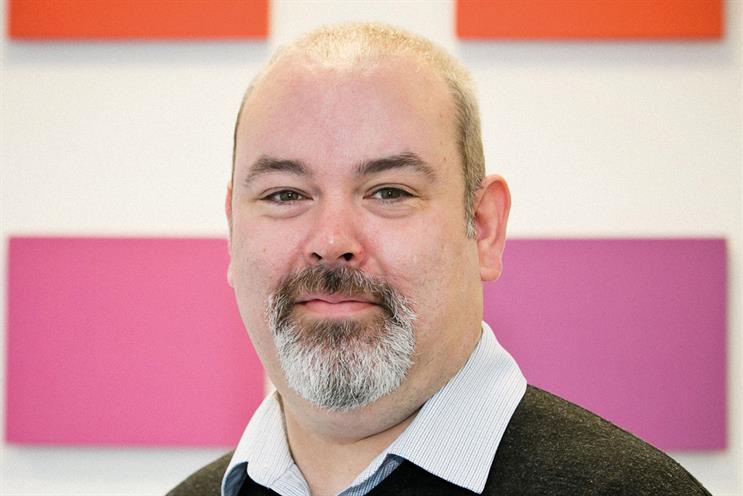"Don’t be the court jester," she told me. But it wasn’t until my late thirties that I fully understood what she meant.
It all began at school. At 15, I was Mr Sowerberry, the undertaker, in the school production of Oliver!. In rehearsals, the more camp I became, the more laughs and attention I got. One teacher questioned whether an undertaker should be so camp. I didn’t care: I was the centre of attention and people looked happy when I graced the stage.
Come the week-long run, the director decided that I should enter from the back of the school hall, pink feather duster in hand, and swish down the aisle, on to the stage and begin my solo.
That laughter, those smiles. I knew that I was gay and was petrified of being found out, but this all told me that if I minced, glided and made people laugh, I was OK, I was accepted, I was safe. John Inman, Larry Grayson, Kenneth Williams… it’s very easy to see where it starts. We all want to belong and feel secure. For me, acting the camp court jester became a cross between a safety blanket and a suit of armour.
I kept this up, even fine-tuned it, when in the company of a group of "blokes" at a work event or leaving do, or later on in my career in the boardroom. In those situations, my default kicked in. "Camp it up and make them laugh," I thought. Somehow, I had convinced myself that being laughed at meant that I was accepted, that my sexual orientation was OK. I let men refer to me as "sweetie" or "darling" in a board meeting when debating with me. Back then, I mistakenly saw it as further evidence of acceptance and inclusion but, in hindsight, I see that it was patronising and dismissive.
I believe that, had society been more celebrating of difference, I would not have become a pantomime dame. I know that, had there been more role models at school and in the industry I work in, I would have seen a different way of being. I’m not saying I would have stopped trying to make people laugh, I’m saying that it would not have been about seeking acceptance.
I wish I could have told my 15-year-old self that, in the future, I’d be happily married with two wonderful children and the job title of managing director. Maybe then I’d have heeded my mum’s advice a lot earlier in life.
I now feel that I have a responsibility to give back and make sure others feel secure in being exactly who they are and in celebrating it, which is why I have founded Pride in Advertising and Marketing (PrideAM). I welcome all those LGBT people in our industry to join me in celebrating too.
Scott Knox is the managing director of the Marketing Agencies Association and a co-founder of PrideAM


